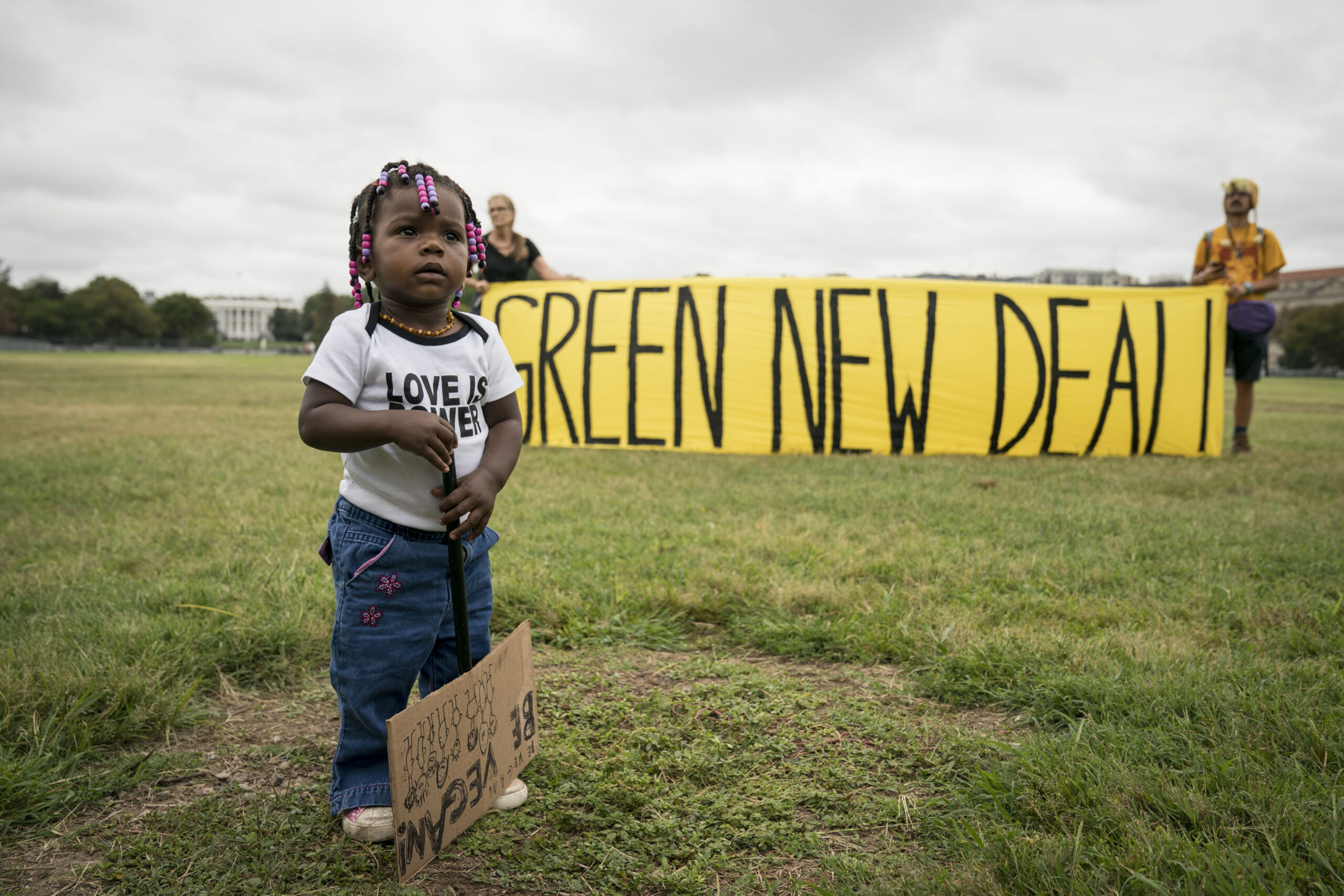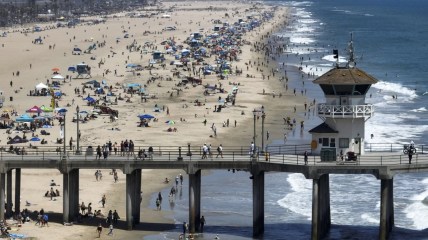Biden takes on extreme heat as climate change wreaks havoc
“The No. 1 weather-related killer is heat,” said President Biden during remarks unveiling additional steps his administration is taking to respond to a global heat wave.
As the earth frighteningly reaches record-high temperatures in July, the Biden-Harris administration announced new actions to protect communities and workers from the extreme heat that is threatening the health and livelihood of Americans.
“The No. 1 weather-related killer is heat,” said President Joe Biden during remarks on Thursday unveiling additional steps his administration is taking to respond to a global heat wave that the White House noted is “growing in intensity, frequency, and duration due to the climate crisis.”
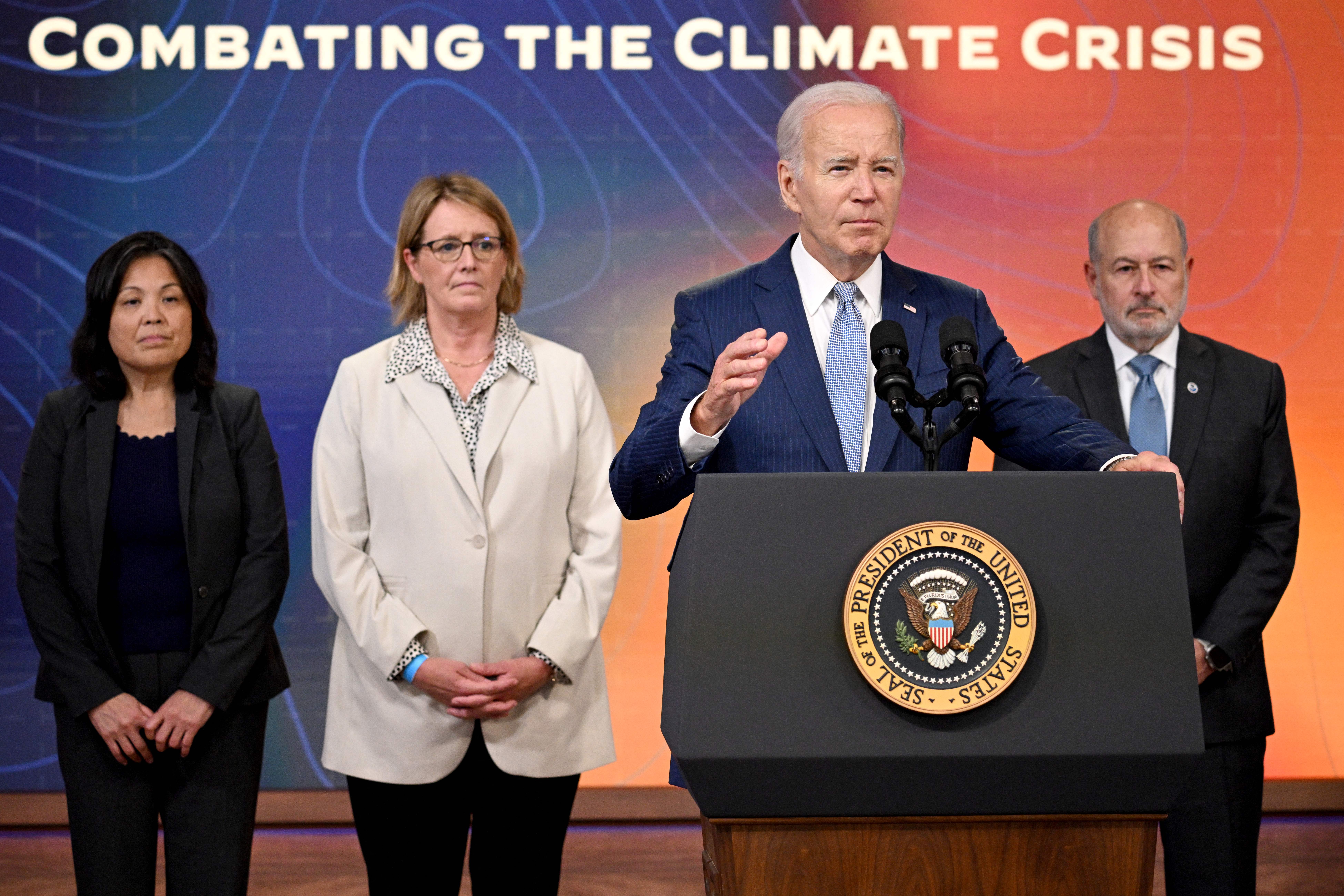
Highlighting the record highs across the country from Texas and Florida down to the U.S. territory of Puerto Rico, the president noted warnings from experts who say “extreme heat is already costing America $100 billion a year and hits our most vulnerable the hardest.”
Biden announced several actions federal agencies are taking to reduce the number of annual deaths and health-related issues caused by extreme heat. Among them, the president directed the Department of Labor to issue a first-ever hazard alert for heat and to more aggressively enforce labor protections for workers as the Occupational Safety and Health Administration (OSHA) continues to work on national standards for workplace heat-safety rules.
Other actions include the Department of Interior investing $152 million from President Biden’s Infrastructure Investment and Jobs Act and Inflation Reduction Act to expand water storage capacity for Americans to better access reliable and safe drinking water and modernize water infrastructure, particularly in western states dealing with droughts. The National Oceanic and Atmospheric Administration (NOAA) will also invest up to $7 million to improve the nation’s weather forecasts.
Rebecca Reindel, director of occupational safety and health at the labor union AFL-CIO, told theGrio that Thursday’s actions are an “important step forward in the recognition that employers play a critical role in mitigating workers’ heat exposures.”
Reindel, who described current workplace standards as “patchwork,” said there’s more needed to ensure workers have adequate water, rest and shade to keep them from experiencing heat-related illness.
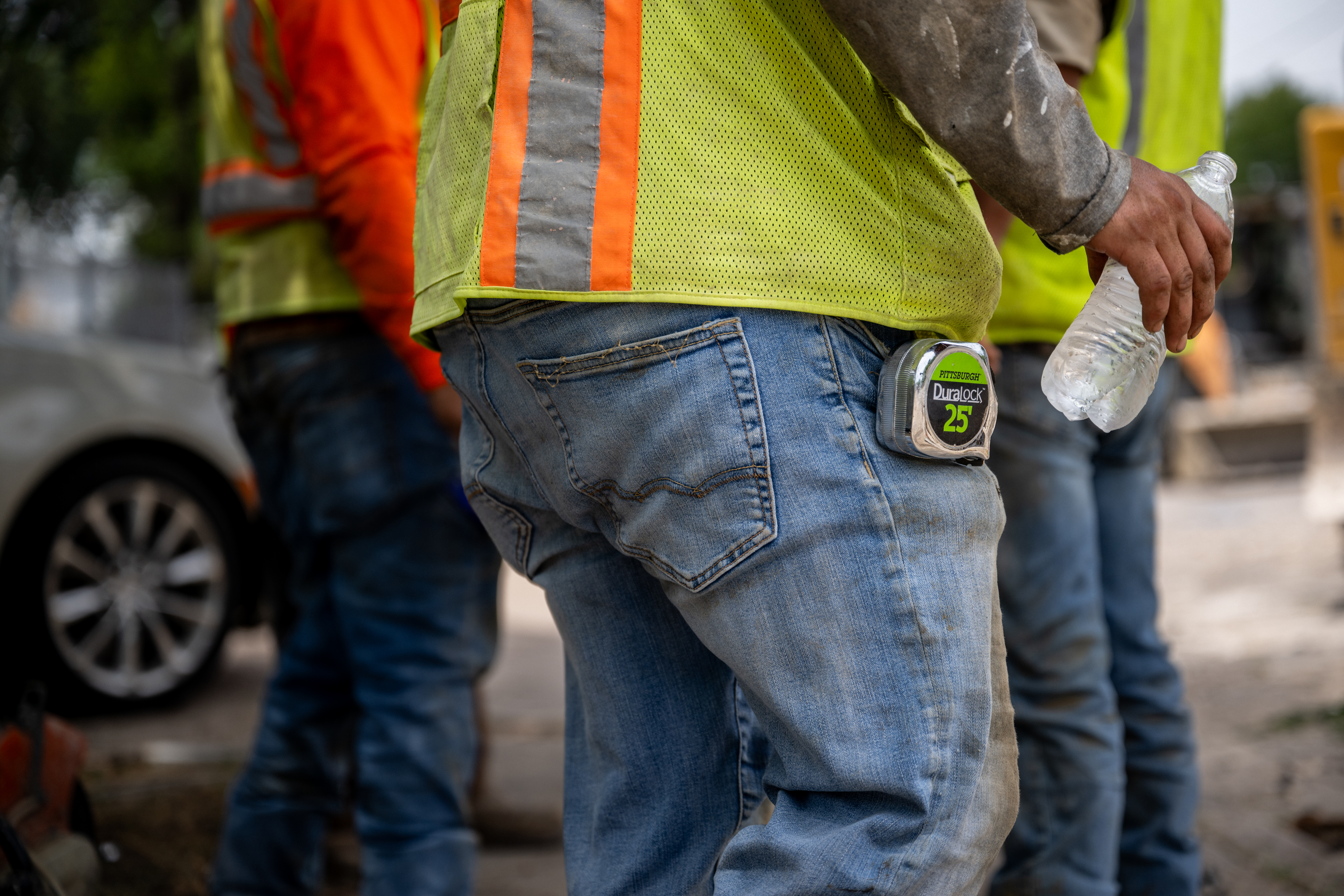
Standards that the AFL-CIO supports include workers having access to better ventilation, air conditioning and portable fans or a tactic known as “chasing the sun,” a strategy for workers to move their work stations on the least severe side of the sun. Reindel said a combination of these workplace standards, among others, are very feasible.
Black, Latino and indigenous workers are disproportionately impacted by heat-related illnesses due to historical and systemic inequities. Reindel noted that in many jobs most exposed to the extreme heat, Black and brown workers make up more than half of the workforce. That is why she believes the president’s announcement that the Labor Department will ensure workers are aware of their rights, including protections against retaliation, is especially important for those who are most vulnerable.
However, when it comes to the Biden-Harris administration’s overall handling of the climate crisis, advocates tell theGrio that Thursday’s announcement is inadequate.
“The things that Biden has announced…are important and it’s really important to guarantee the safety of workers from heat hazards,” said Adrien Salazar, policy director at Grassroots Global Justice Alliance and a spokesperson for the Green New Deal Network.
However, Salazar added, “A lot of what is being offered in his announcement is insufficient.” He added, “The [climate] crisis is at the scale that requires drastic action.”
Much of Thursday’s actions are mostly leveraging on existing laws and investments, said Salazar, including more than $360 billion for climate and environmental measures often touted by the White House as historic. But he and fellow activists say those investments are not nearly enough to address a climate crisis unfolding faster than scientists predicted.
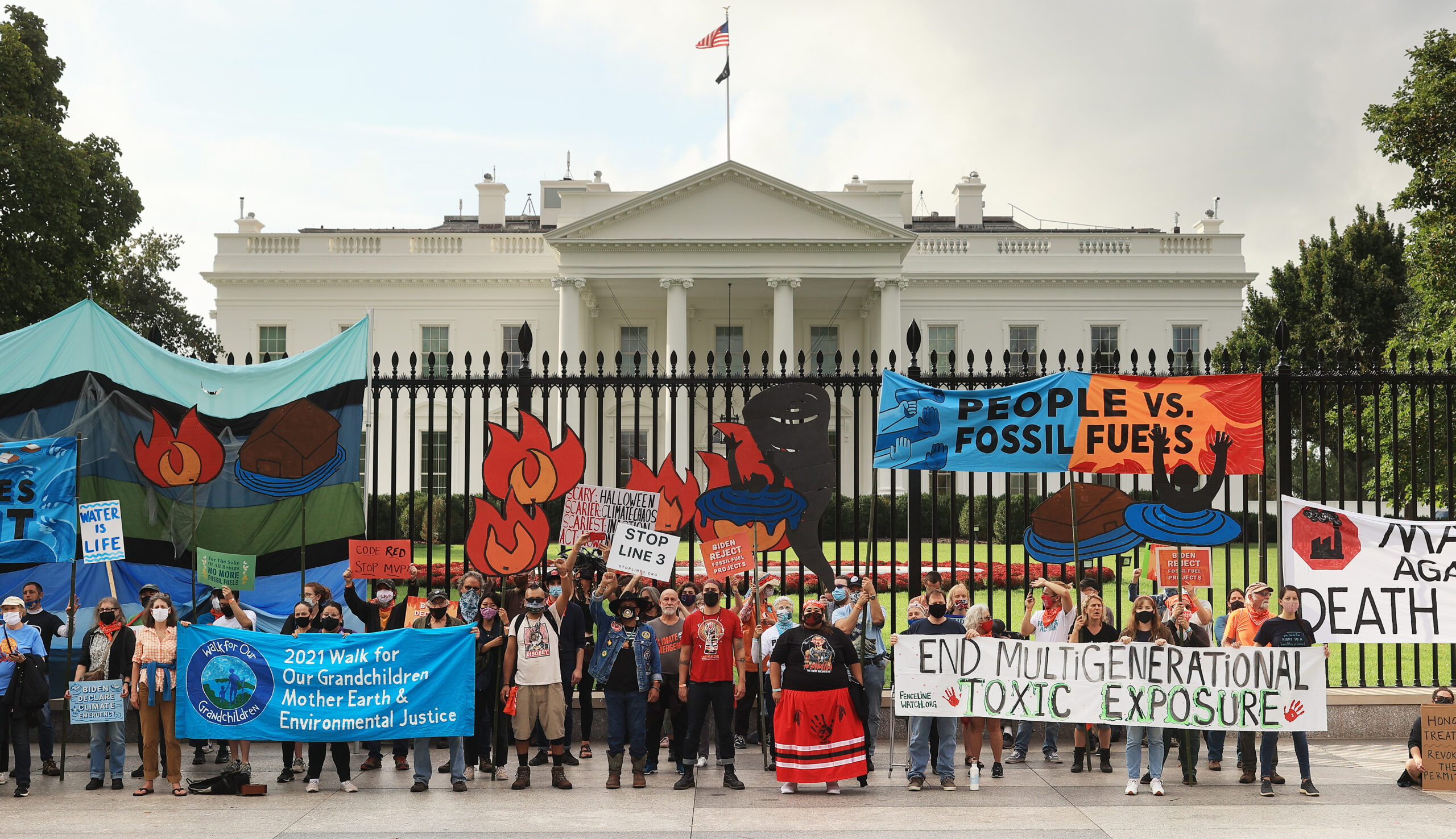
“It feels like political theater for the administration to put forward pieces of policy that already are in existing law,” said Salazar, who called on President Biden to use his executive power to declare climate a national emergency to better mobilize funding and resources to build renewable energy infrastructure.
Destiny Watford, a climate campaigner for the environmental network Greenpeace, similarly said the White House’s announcements addressing extreme heat were the “bare minimum.”
Watford told theGrio that despite Biden’s historic investments and referring to the climate crisis as an “existential threat” during his State of Union address, the administration has undermined the climate movement by simultaneously approving oil projects, “which we know is incredibly destructive and harmful to Black and brown communities.”
She highlighted the health hazards caused by climate change that disproportionately impact Black, Latino and indigenous people.
“Not only are they dealing with this extreme weather, but they’re also dealing with the polluting industries,” said Watford. Some of the main health effects include cancer and respiratory diseases like asthma.
“It just gets harder and harder to live for Black and brown communities,” she added.
As it relates to workers’ rights amid extreme weather like the existing heat waves across the globe, Reindel of AFL-CIO said workers, especially Black and brown workers, have the momentum to leverage more protections against the climate crisis.
“They may face many hazards that the public don’t see,” she told theGrio, adding, “But the public is experiencing this at the same time.”
“It’s real for everybody when they walk out their door, when they see their food system changing, and the transportation system changing, and other elements of their life that are being impacted,” Reindel continued.
“I think it certainly provides this opportunity for folks to imagine what people in their workplaces are going through – and to understand the significance of the issue.”
During his remarks on Thursday, President Biden urged Americans to take precautions against the extreme heat temperatures in the coming days, like staying indoors and using local cooling centers, learning the signs of heatstroke, and checking on “loved ones and neighbors.”
He added, “I want the American people to know help is here, and we’re gonna make it available to anyone who needs it.”
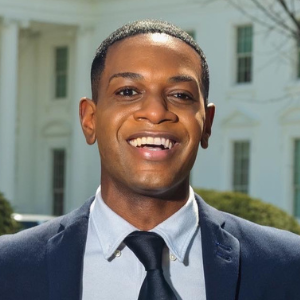
Gerren Keith Gaynor is a White House Correspondent and the Managing Editor of Politics at theGrio. He is based in Washington, D.C.
TheGrio is FREE on your TV via Apple TV, Amazon Fire, Roku and Android TV. Also, please download theGrio mobile apps today!
